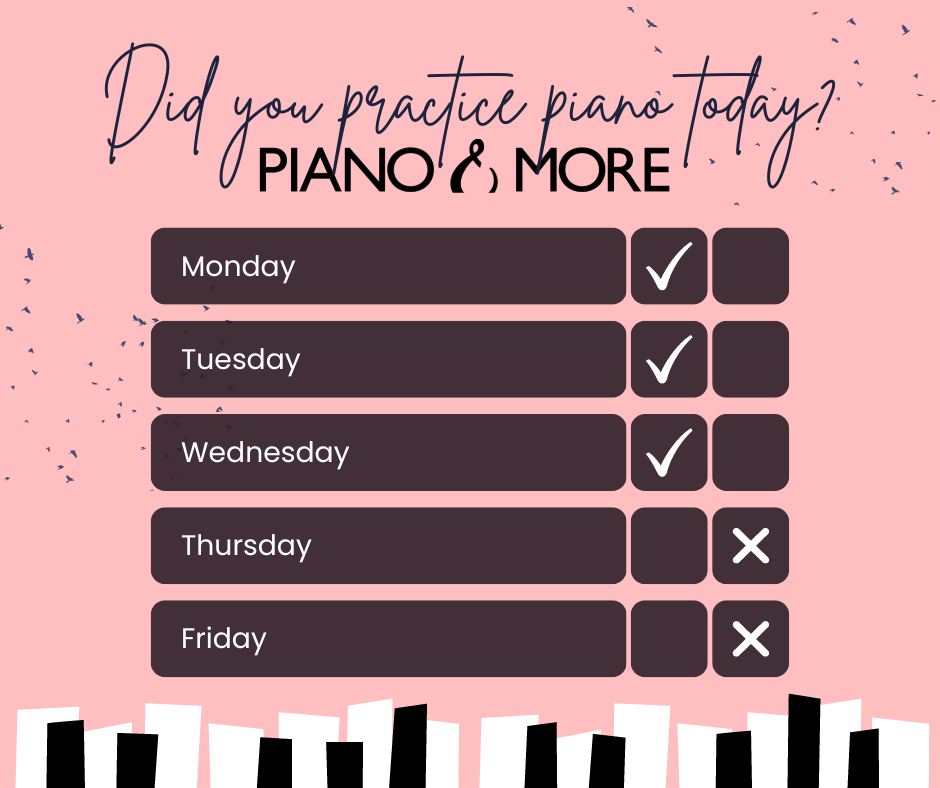|
Introduction For many young students, practicing piano may be the most challenging part of their musical journey. It's hard to practice when you're tired from school or distracted with other activities. Fortunately, there are ways parents can motivate students to practice piano—and they don't require any special skills or tricks! First, the practice routine. As cliche as it sounds, a reliable routine proves to be one of the best ways to build good habits. If students have a set time that they know when and where they'll be able to practice, then it's easier for them to commit. The best way to make this system work is by creating an environment where practicing piano feels like something that happens naturally rather than something forced through sheer willpower alone. The best way to do this is by setting up a routine where practice is set at specific times every day. Some examples are right before school or right after eating dinner. Next, the practice environment. Learning music theory and reading notes on a staff requires a lot of concentration. Students are learning a new musical language as well as developing new hand eye coordination. Neuron connections are being built! In order to do that, the practice environment needs to be able to facilitate that kind of concentration. First, we want to check that distractions are removed from the room. For example, it wouldn’t be a good idea to have a sibling playing video games in the background. Second, is the room quiet or have a comfortable level of noise? And last is organization! Is the sheet music and/or lesson book easy to locate and use? A messy piano with sheet music scattered about will only add to the list of to-dos, which could discourage the student from jumping into a quick practice session. Show enthusiasm. Parents can motivate their children by showing their own enthusiasm for their child's progress. When a student is playing something, be sure to compliment them on their playing. Make them feel good about what they are doing! This is important when working with younger children who are developing good habits as it helps them attach a positive feeling to a task. Similarly, if you notice your child is struggling with a particular part in the music, do not make it seem like this is a bad thing. Instead, show interest in what they are trying to learn and ask questions about the challenging part being played. Talking about the difficulties will help the student work through it and eventually, build confidence in their music abilities. Like this list so far? Stay tuned for next Monday, for part two! Written by Nicole Surovcek
0 Comments
Leave a Reply. |
Author(s)P&M Teachers: Archives
March 2024
|
QuickLinksLessons in Falls Church |
LEssons in ArlingtonPiano Lessons in Arlington
Guitar Lessons in Arlington Voice Lessons in Arlington Drum Lessons in Arlington LESSONS IN MCLEAN |
|
Registered 501c3 organization EIN 38-4077902 © COPYRIGHT 2023. ALL RIGHTS RESERVED.

